Making friends as an adult is hard. Keeping them when you’re aware of a lot of the problems in the world and hypocrisies that exist within us humans, in contrast to things you’re trying to help resolve, is perhaps even harder.
This is a long post, with the first half being my stories on coming to these issues and how I look at people, in the hope that maybe if you’ve ever felt the same, you don’t feel alone. The second half, on things I do to navigate friendships when you’re aware of things that you find awful or disheartening. I’d love to hear your thoughts on how you go about this with your friends and family. Important thing to note: I am SO far from perfect. These are simply issues I have become more and more aware of. Some of my struggles with other people surely also come from the fact I didn’t address these in the past, or still don’t address them well in the present.
Here we go…
When I first started travelling really extensively more than ten years ago, I moved and lived in spaces with enormous poverty, a HIV/AIDS crisis still in full swing and the heart wrenching reality of refugees. My eyes saw thousands of new things and I never saw people quite the same again. I wrote about inequality and refugees. I donated to organizations for asylum seekers. I found myself needing to ignore a lot of the things people said in order to not scream with rage. I received some hateful comments for suggesting we should try for equality including from people I knew. My poor parents in turn received earfuls of my disappointment. I was however also extremely imperfect which makes numbing oneself to this much easier. Really, what action did I take? I didn’t do much. And I quickly let myself be silenced and move on with my easier life.
A few years later I had a t-shirt made up to remind my fellow colleagues on “casual dress” Fridays at the office (still can’t believe this was a thing) that 6,000 people a day (then) died of AIDS and it was a weapon of mass destruction (we’d lived through Iraq times so this made sense!). People routinely looked surprised AIDS was still a “thing”. It hadn’t been in the media much anymore. A forgotten tragedy.
During this time I also started seeing race issues as much more problematic. My young, green eyes and white skin had long been shielded from this. In the Netherlands my family had friends of color as did I. It wasn’t something for me to grasp; it was completely normal. We were little mini people all going about the very important business of childhood with a naive understanding of the world. As I grew older I learned things I had never known to be issues. I lived in Australia and was thrown into quite the white bubble. That became all the more obvious because suddenly things I understood to be normal were missing.
Being from the Netherlands meant my grandparents and our families lived through the war. Within our family we joked that ultimately every conversation would somehow end up back at the war. I understood some of this from a European context then. I understood the Aryan race myth, Hitler’s intention and the wild studies in Namibia that influenced him. I remember thinking about that when I was there. I loved Namibia. My time in the genocide museum in Rwanda made me delve a little deeper into colonization. It was slow going and revealing. This year I worked with a bias and anti-oppression consultant on a project who reminded me we are still in times of colonization. It isn’t over. I struggle with people who refuse to see this. I struggle with thanksgiving in America. I struggle with Australia day in Australia. I find it cruel and unnecessary. I find it incongruent with reality. I take no enjoyment in making the lives of native peoples even harder. I can’t even imagine what it must be like to witness your own country and lands being destroyed from every single perspective in the name of an economy and greed. I find it particularly cruel what some nations do and I find the unwillingness of people to even think about amending their behavior, or acknowledging it at all, to be extremely difficult to deal with.
Fast forward a number of years and I was living in Cambodia and desperate to find some way to help resolve some of the issues of the streets kids where I lived. I was also riding far, far out to a school that was essentially just a few wooden poles with a so-called roof. Cows would wander in whilst rainy season ensured it was constant mud. We brought a little mobile library out there that we strung across trees. The kids were very shy and it took me a month of just sitting there for them to be truly comfortable with me. The villages on the way were extremely poor and people were starving. We would buy food in the morning and bring it out to the people and kids; never having anywhere near enough. During this time my then partner and I set up a little organization to try and help other families too. To do something. Anything. I remember asking a lot of friends if they could pitch in. Every single one declined. His were better. I was heart broken. I knew many of these people did not support any other organizations, did not volunteer much (if any) of their time and had incomes that were more than capable of a small amount whilst they lived relatively luxurious lives in big houses, in nice suburbs with lots of cars, clothes and holidays. On one occasion somebody even told me that because it wasn’t tax deductible, it didn’t make sense to donate. I did the math – it would have saved him $76 dollars on his tax for the year. I remember finding it very difficult to look at some of my closest friends after that. But I did and I got over it, and I made up stories that made me feel better and we all pretended nothing was wrong. That everyone’s priorities were perfectly in order.
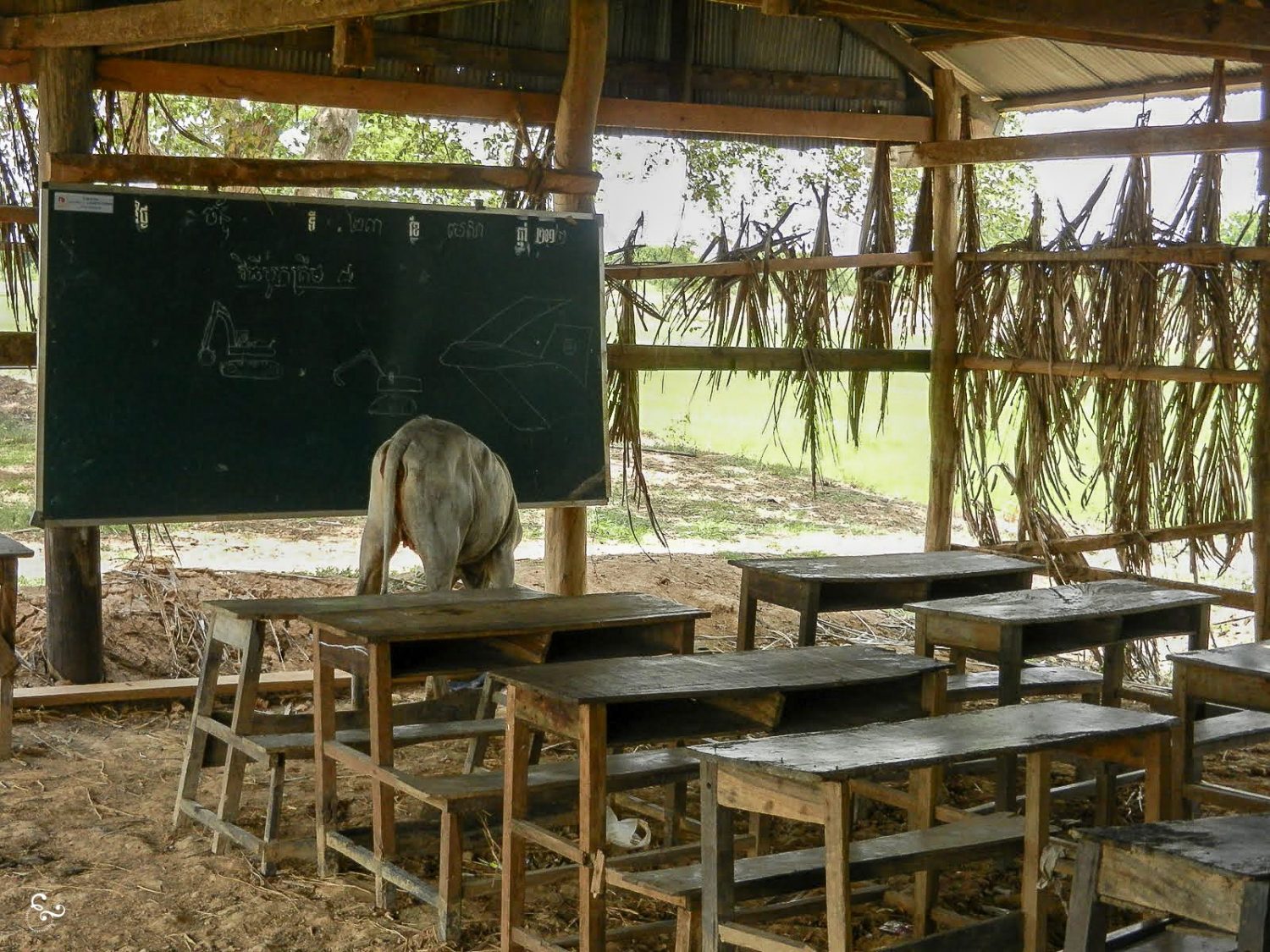
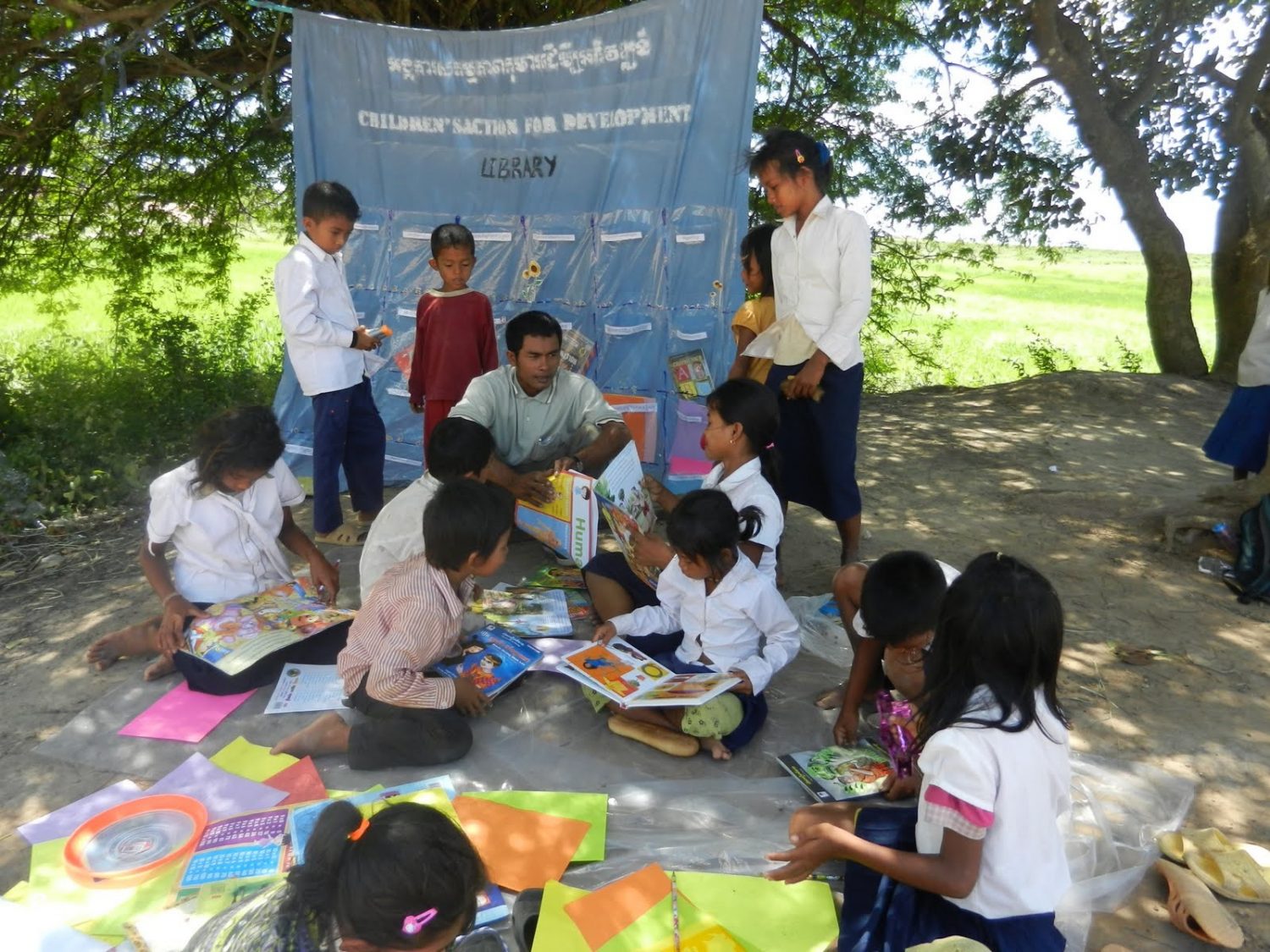
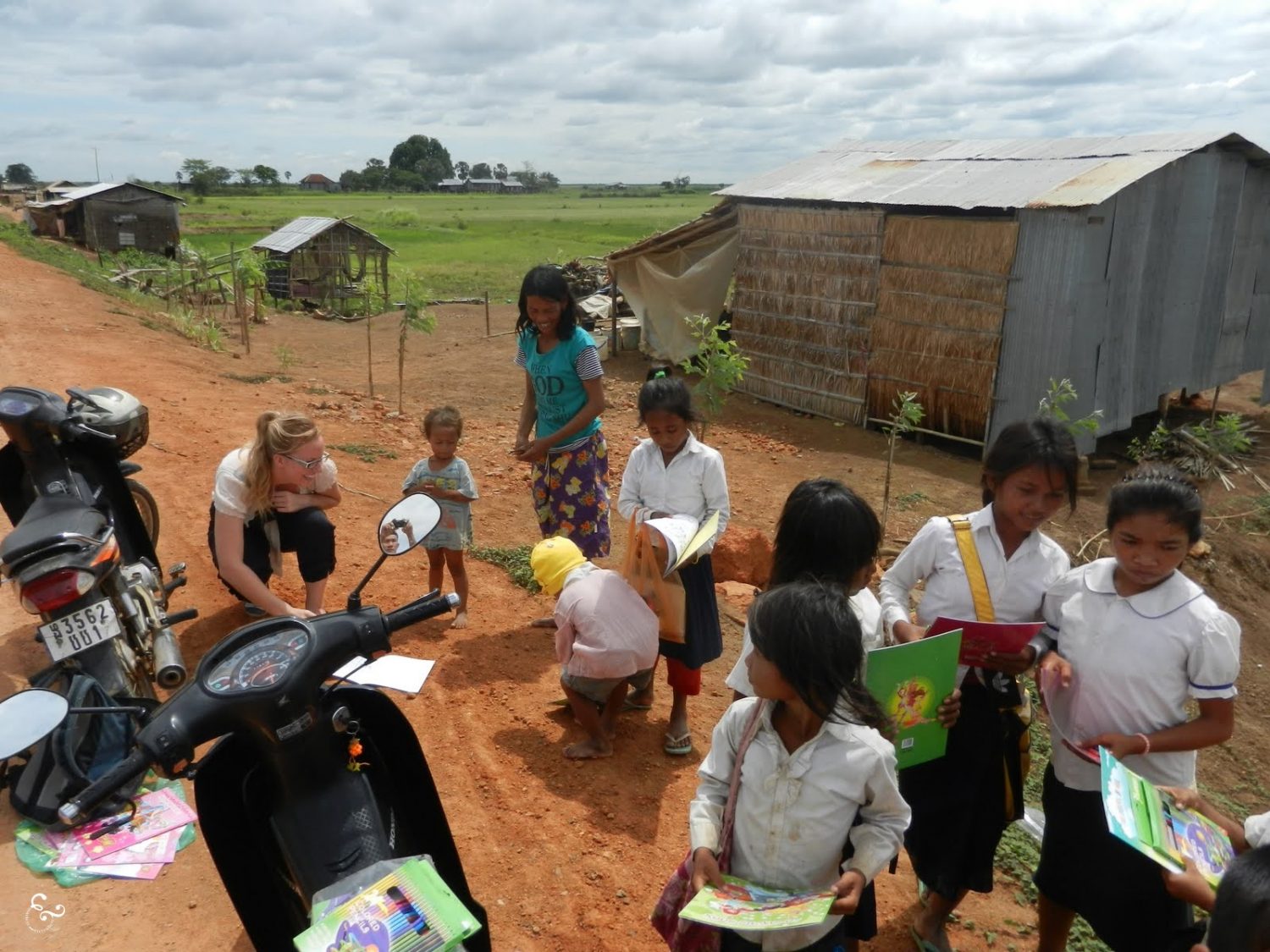
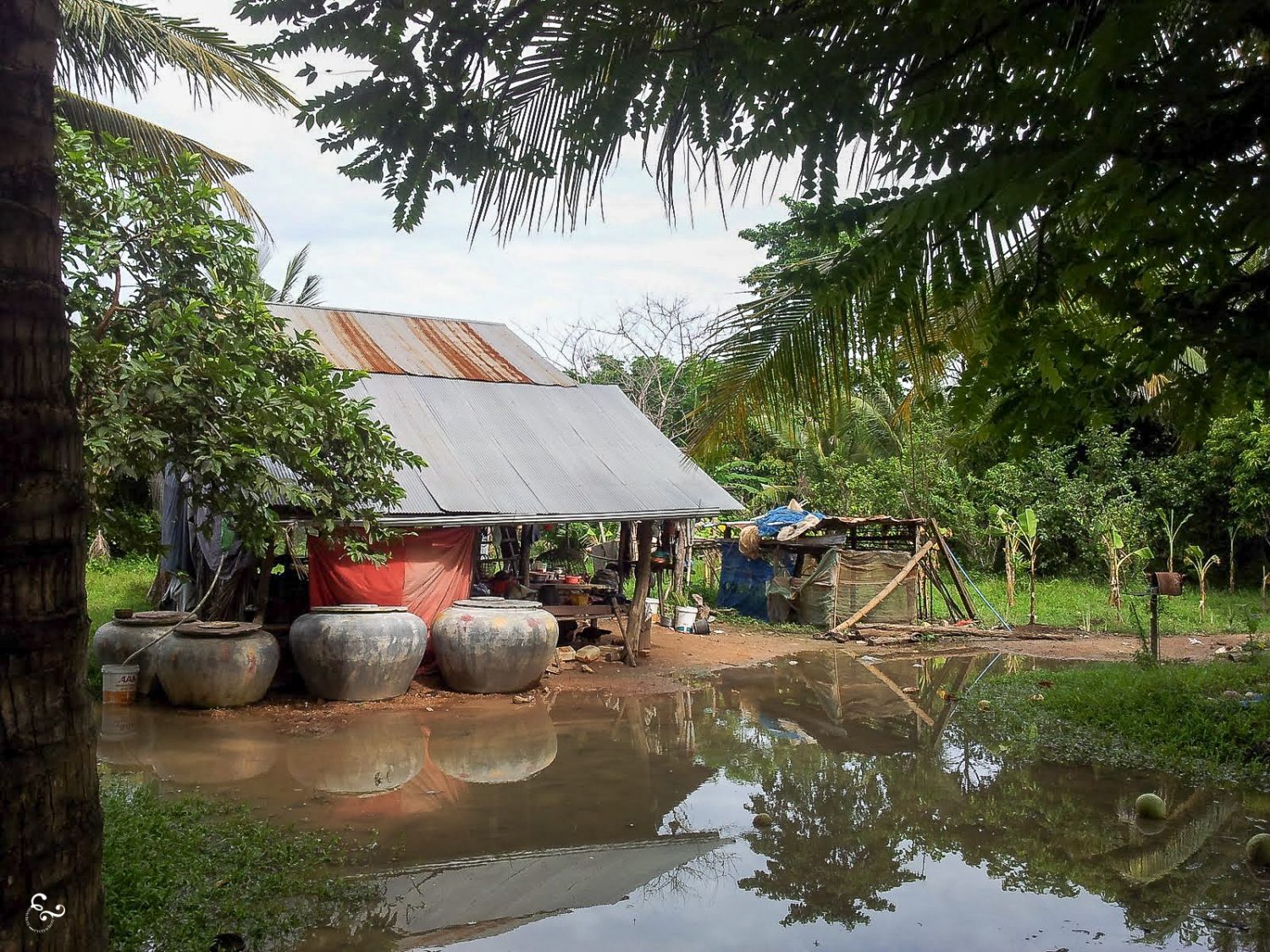
I have felt this feeling before. When I lived in Perth, Australia there was a severe drought and the city implemented rules around garden watering. The last number of each house was allotted a specific day in the week you were allowed to water. It was already insanely difficult to keep a small area of grass and herbs, vegetables and plants going there but this made it nigh on impossible. My shower had a timer on it. I collected water from it in a bucket. And then I learned how much water it took to make 1 kilogram of meat and I was gobsmacked. 15,000 litres. I could literally take normal showers for a year and only use a similar amount. I couldn’t understand why the focus of the government was gardens and advertising campaigns on showers and toothbrush sessions, rather than meat production when the data was so clear. I cut red meat out.
I continued to be a growing vegetarian for the next years after the water debacle (there were definitely periods of adjustment when kids were involved). I generally found not eating meat really easy. I was used to eating heaps of vegetables. Eventually I got to where I’ve been for many, many years now; plant based with oat or rice milk. I do occasionally have some cheese or local, fresh eggs or honey so I am (obviously) not a strict vegan. In cultural conditions, particularly when I am in countries that survive off meat and I am with families, I will eat some fish if needed. The moment, and our connection, is more powerful and important. I’d been raised very healthily as an athlete without sugar & processed foods so I’d had a great foundation to understood food as fuel. Through this process I learned enormous amounts about factory farming. I learned about hormones & antibiotics. I learned a lot about the industry. About government. About agricultural land use and the contribution to climate change. About the forests I love being destroyed. All of it horrifying. Though my choices made other people uncomfortable with theirs at times, I never pushed my thoughts onto anyone else; the refugee crisis was still my focus point.
I was never a big animal protector (feels funny to say that now) so it wasn’t a strong cause for me, just something I did for the environment and because it made me feel bright, healthy and fresh. I still don’t think of cows and pigs regularly; my thoughts stray mostly to gorillas, whales, tigers, leopards etc – all animals I have come to hang out with in the wild. But factory farming is awful. Killing 70 billion animals, mostly cruelly, per year is an atrocity. Ruining the Amazon and countless other treasures, and necessities, of nature to grow feed for meat is disgustingly greedy and short sighted. So you look at the people around you who, armed with all this information, maintain their blissful state of meat-eating. And you struggle a bit more with it. We call ourselves the vegans, the vegetarians, the pescatarians; we forget they are the carnists. I think it’s good to label those standard ideologies if we’re going to name the exceptions; it helps for us to re-examine why it is the standard. In some places eating meat is simply a necessity borne out of poverty, our wars, colonization and capitalism. I have seen the poorest people have to fish in polluted riverways for juvenile fish and crabs. I have watched cows being raised on natural lands, without chemicals and accelerants, without milking, by local small-scale farmers who make a small living and can feed theirs and other families. I don’t have an issue with this from an animal point of view. We should after all be a part of the food chain, not on top of it. It does not bother me and if it bothers you, you’re missing the main problem. It is horrifically sad. We owe people so much more than a life in poverty. I also think Indigenous peoples can absolutely continue to hunt sustainably and eat meat. They did not cause any of these issues. But I find it increasingly difficult to accept wilful ignorance in this space when you can easily change your diet, when you certainly do not need to eat factory farm meat at the very least, and you can pick your reason for stopping; climate change, deforestation, animal welfare, your health, ethical labor or all of them.
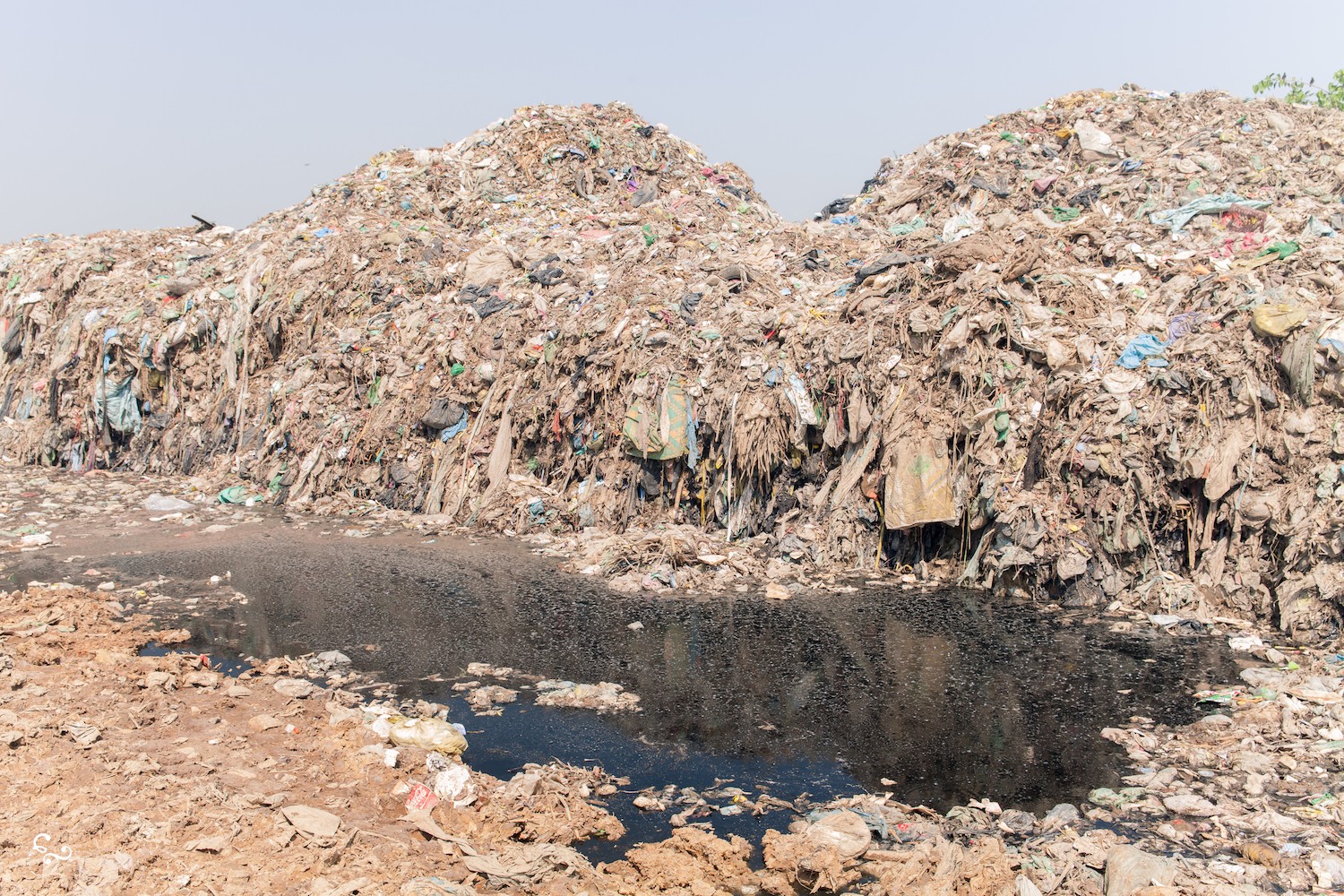

Then came consumerism, plastics and climate change. I had a word with myself a few years ago about my plastic usage and waste. I thought I was doing a half-decent job but on analysis I was doing a total half-assed job. It was pathetic actually. So I made a commitment to change. Thanks to travelling and being European (much smaller houses than the average Ausmerican!) I was what most people would consider a minimalist before that term existed. I lived in smaller spaces. My last apartment was 45 square metres. I didn’t need much. I liked upcycling and making my own things. I collected crates for my record collection. I made my own seats from them too. I saved my jars. They made for good glasses and storage. I had a small car that I paid $3,000 for. I have never owned a car worth more! I’d been long taught as a child that a new car was a waste of money and it lost value the moment you drove it away. I had a bike. Living in London I had the tube and two legs. In Nairobi I had local mutatu’s (that only slowed down for you to get off!) and I took great pleasure in walking past the mile long traffic jams. I lived what I considered a pretty awesome life. I had had a period of major waste when I was 17. Fresh out of home, a big new house and lots of space to fill it with furniture. It was disgraceful. I never did that again and other than an Ikea table or two and a mattress, I’ve never bought new furniture.
Living like this for a long time means you notice a lot when you walk in other people’s houses. You notice the sheer volume of stuff people have. You notice how big their houses are. You notice them use plastics, everywhere. You notice their clothing labels and how expensive or conversely proudly inexpensive they are, knowing it is unethical or child labor is making them and their synthetics and manufacturing processes greatly contributing to the environmental problems. You’re friends with these people. Then these people have kids. And don’t change. And you want to scream because this is their responsibility more now than ever. Maybe you could ignore it all before. Maybe we could all be numb to it. But with kids? You are forcing human beings into the world – you need to be actively making it better not helping to destroy it.
In the past two years a few more movements found their way into my life. The #metoo action was a big one for me. I have had quite the reckoning with myself.
Now of course I see it all much clearer. I see the systemic sexism. I see the attitude of certain groups of men more than ever. I know the name of things I couldn’t name before. And I see those same men grapple with a certain loss of power and control they are feeling. And so I have watched “good guys” in my life become guys I cannot stand. I have had countless discussions. I have tried to have constructive conversations but you already know when you raise something and that man says something along the lines of “men and masculinity are being attacked globally” and they don’t catch themselves, they don’t hear you, they don’t stop and pause to think about what you are saying, that it is just going to get defensive and nasty. I have been shocked and surprised. Unfortunately as this is often white men, it is also a large group entangled nearly always with an undercurrent, however slight, of white supremacy, racism and at times also transphobia, homophobia and a certain revolt against gender identity. I struggle a huge amount with this now. Were these people always like this? Or were they drawn to a group and made to feel victim which is something that justifies their fear?
So now we are soon to enter 2019 and this confluence of issues has all tumbled into one another. They all exist, screaming at those who are aware, at once. Poverty, refugees & asylum seekers, white privilege, racism, sexism, carnism, climate change, plastic pollution, palm oil, deforestation and on and on.
I look around me at the people I interact with so often, the actions they’re taking and the choices they’re making, and I cannot help to think, my god, what are we going to do? How do I keep going on with these people? How do I go on the same way when I find it difficult enough to go on with myself?
I don’t know how to answer that question. There are certain people whom I could not bare to look in the eye anymore that I have actively ended friendships with and feel much better for it.
I don’t have all the answers (I’d really love to hear your ideas) but here are some things I do to navigate this as best as I can.
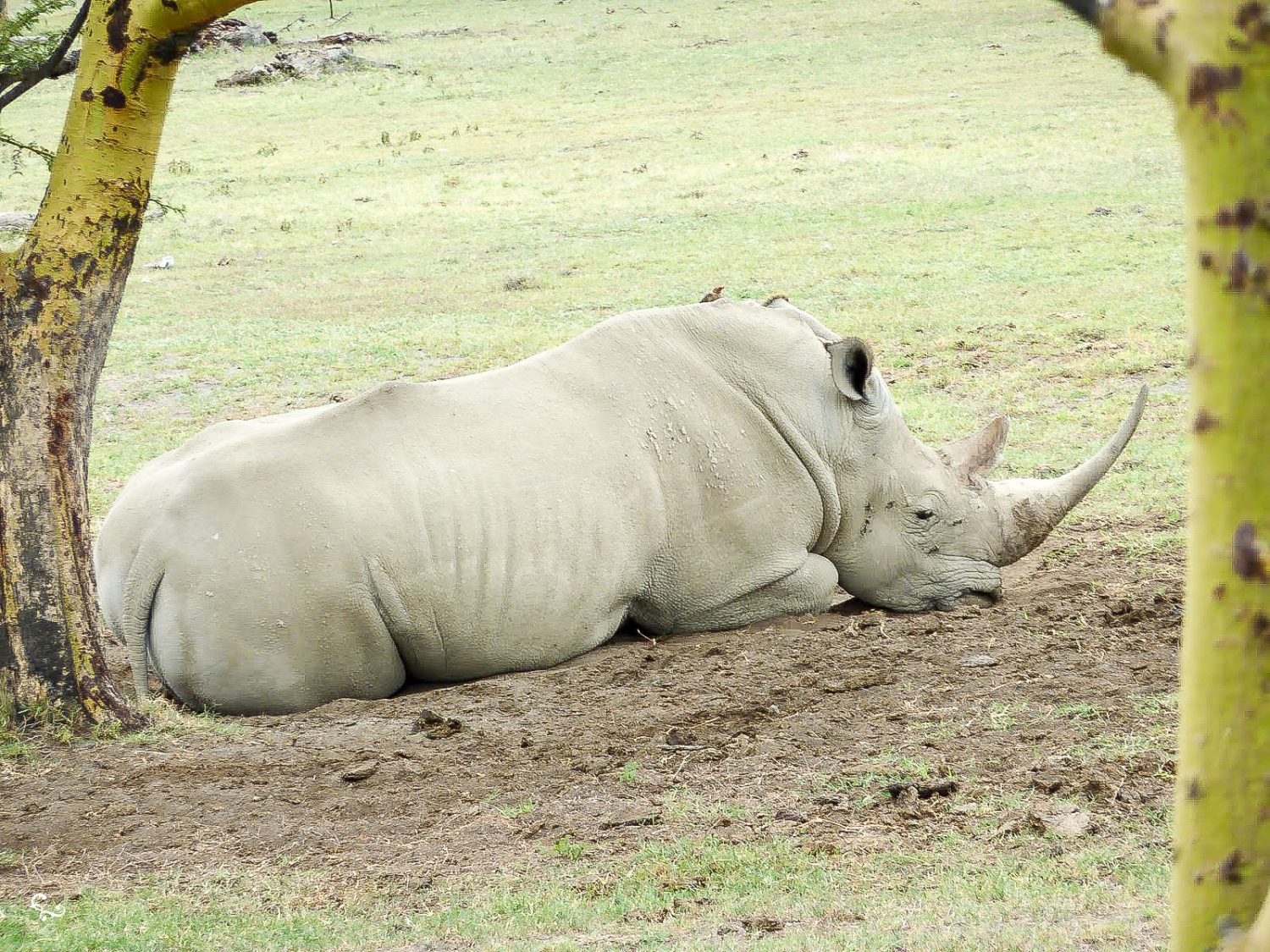
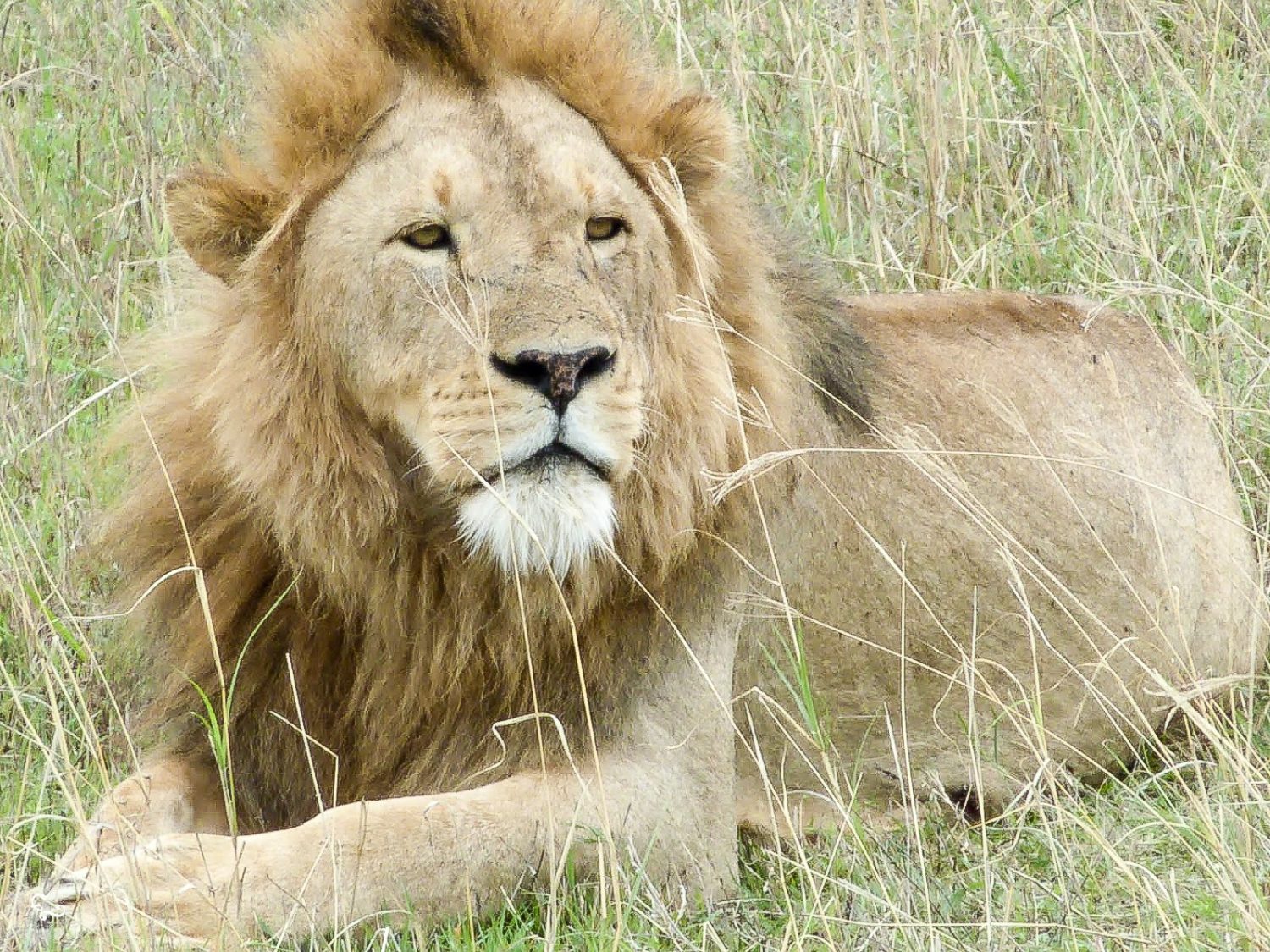
What can we do?
It is not our job to “change” our friends. But is is our responsibility to all be good teammates to each other. To stand up for people or animals who don’t have a voice. To grow and develop for the better, together. To expect them to do the same for you. And to somehow balance this with also having fun, talking about trivial things and enjoying our friends and time together. If you’re looking for suggestions, here are some things I try…
- I have found that by just taking action myself that some will notice. Some will change. I have amazing friends that once they learned about something on their own (i.e. the treatment of animals) they made a complete switch. Same with plastics. That’s quite incredible to only be exposed to one thing and make a major switch, and I find it exceptionally admirable. This is also the easiest thing of all; do everything you possibly can and be you.
- I try to remember over and over again that before I was aware, I was not aware. It takes seeing and educating to know this stuff and though there is less and less of an excuse in our information age not to know, many people do still have ill conceived preconceptions and understandably warped perspectives. So do I. So would any one of us. With friends, when it comes up, I do my best to remain calm and explain my experiences, my own learnings or a side they might not be considering and see if we can talk it out.
- I remind myself that rarely do things change with one conversation. They need to be a small little instigator and then it needs to develop from there. Offer practical solutions as much as possible. Ask them if they’re open to suggestions. Be kind. Be understanding. Try and figure out the problem of not changing. Is it something like the monetary costs of change rather than not caring? That can be addressed in a different way so let’s brainstorm together!
- Say we a lot. Rather than making it a you or I thing. Even if it sounds a little jarring because you may not be directly contributing to the problem, either your gender, skin color, or species (human!) is, so it’s we and us. We exacerbate issues together, and we create positive change together.
- I find people highly defensive of their personal habits and choices so it is often with great difficulty these are raised. There seems to be a collective inability to swallow one’s pride as humans. My approach here, if I’m really good friends with them, and only after numerous conversations on the subject so they’re already fully aware but just not bothered changing or don’t take it seriously, is to employ my natural sarcasm directly at the problem when it comes up. Being able to say it aloud without it being so charged I have found both helpful to me to deal with as I “laugh” it off and it does in turn seem to make some people think due to the directness of it (helps being Dutch!). I would never do this with sexism or racism but with environmental issues I sometimes may. Phew, lucky little Amy’s favorite animal isn’t an orang-utan, won’t be any of them left soon if we all keep buying that!
- When conversations and understanding fail, move adults into a place where they need to defend their choices. You are not weird for not wanting to be cruel to animals. You are not odd for not wanting whales to die from plastic chemical releases inside their stomach. You are not the crazy one for not wanting the world’s poorest people to face the consequences of the world’s richest. You’re not mad for suggesting we fix environmental racism through some major actions. If you move people into a position where they need to clarify the daily actions and choices they’re taking they will at least have to name it and voice it. A lot of people won’t do a darn thing about it but I have found over the years that these conversations are often the smallest trigger for conversations beyond that in their lives. And slowly, very slowly, you see little changes. Some people will actually acknowledge and amend their behaviour immediately when forced to defend a position which is an exceptional skill. This isn’t to create guilt, but we should all be examining our choices, and if we are comfortable with them, then we would be fine explaining them. It often also helps to get to the crux of the issue; something that can then be resolved.
- I have discovered a great lack of care particularly when it comes to poverty, refugees and climate change. This is often coupled with a lack of empathy which obviously is only possible through privilege. And that in itself is very tricky. I am very privileged. My friends are very privileged. I benefit from this privilege as do they. I can see my privilege everywhere and I am constantly torn between my feelings. For example, sometimes I just desperately need a break from the world and then that voice immediately kicks in inside me. “But all the people here can’t take a break” and I feel terrible. So I’m in no way a good guide for this with friends but I do struggle with them rarely acknowledging their privilege and that they mostly feel quite entitled to it. I do point out privilege constantly. Not as a big thing, but as an injector into the conversation; just so we’re all aware that’s the lens we are seeing it through. I often try to remember the old charity problem of geography. A person is asked to give $1,200 to help 30 children in Sierra Leone to eat that month. They decline. That evening on their walk home, as they pass over the bridge, they notice a child drowning in the water. Without hesitation they jump in and save the child, permanently ruining the $1,200 suit and shoes they had on. I remember that as much as I can when talking about issues – bring the story closer to home as much as possible. Try to help them relate. That’s our job when we have seen more.
- There is often an utter disregard for evidence based science, investigative journalism and facts. I find myself thinking over and over and over again, but feelings aren’t facts. The internet has become a place where every single person can find their group. A group of people who live and think just like them even when they’re in a minority. That’s how you end up with mothers who reject all scientific studies on parenting and swear their methods, odd and damaging to most, are right and should not be judged. That’s how some baby boomers come to believe they were the hardest working generation on Earth and anyone who can’t buy a house is just lazy and needs to work more. That’s how you end up with the Incel movement. That’s how you get white, hetero men to love Jordan Peterson by creating a victim movement within themselves that they are being attacked. That’s how you get white supremacists marching down streets with tiki-torches and an entire sector of people who deny anything climate related or still believe the world is flat. I find these people most difficult of all. I was really, really surprised to learn I had some friends, who I had previously thought fairly rational and intellectual, fall into this camp. We would have an excellent track record and then one small thing would come up and suddenly it was as if they lost all sense of themselves, awareness of what was happening and facts. I try, but it gets so toxic so quick I just stop engaging and that’s that relationship done. If you’re more persistent or better at educating people in a way they’ll take in, please keep going as long as you maintain your own sanity! An amazing TED talk by one of the girls from the old Westboro Church (a la America’s most hated family) highlights the effectiveness of this a lot (and you’re a remarkable person if you have crafted this skill, thank you!).
- I have learned to protect my personal boundaries a lot more. I simply won’t put up with toxicity anymore. If you’re a friend who I disagree with across the board and you mostly impact my life negatively I cut it off. If you’re a friend who is consistently sexist or racist or homophobic or refuses to listen to an issue when raised and calls it reverse sexism (doesn’t exist) or an attack on men (that’s not actually a systemic issue), we’re done. I know some people will say this is my place to keep talking it through but I’m exhausted. I talk it through to a point and then I can’t anymore because I know it’s not going anywhere. I remove the toxic source. Not one has ever come back to say they understand now, or that they read and did the work and know what their actions or support meant. We could never raise the topic again and continue on with the rest of our friendship just fine but I don’t want to gloss over something I consider so fundamental. Ignoring it for the sake of a friendship, makes me a terrible ally whether it be for people of color, the LGBTQIA+ community, endangered animals, our environment, women, indigenous peoples etc and I don’t need a surface level friendship. I am always here if you want constructive, reasonable, logical and fact based conversations with empathy, but if it becomes extremely critical or nearly conspiratorial, then our relationship does not need to exist.
- If you have friends with kids in their life who are not actively helping to protect the environment or not dismantling any kind of racism or sexism, this can be really painful to watch when you’re aware. I try to use the places where I am expected to buy a gift, as a voice in this direction. For example, I buy kids books that are gorgeous and celebrate girls as leaders, or address racism for children. If I buy toys, I’ll buy wooden, artisan made ones. If I buy experiences, it’s usually something that could foster a small environmental passion I’ve listened to clues on. I’ll put together a gift of cloth diapers and wooden teethers. If I take the kids out, it’s often for a walk in nature, a play swim or an art session. I have other friends who have bought their friends vouchers for eco-friendlier services like a green-cleaner to stop the chemicals and free them up time wise, or healthy personal chef sessions. I make myself available for lots of support, babysitting, cooking and cleaning to be a good friend and so they have some headspace to think about other things and have time to themselves too; truly happier people generally make better citizens! And I love doing these things; I love that I can help and I’ve travelled so much the most successful raising of kids I’ve seen is in communities where kids have freedom and there isn’t just one mum 24/7 – everybody pitches in with various tasks big or small as the most natural thing in the world. This is all delicate of course; it’s for friends that would be fine with it but just don’t spend their own time and energy on any of these issues or hadn’t considered doing so.
- Find your gang. I know it can be awkward or feel funny, but let’s actually go and out find friends who we don’t have to calm ourselves down inside with. We do it constantly for romantic relationships, asking all the questions, doing the get to know you phase, being intent on finding that perfect someone for us; we can do this with our friends too! We can specifically look for diversity outside of our own bubble, we can find friends who care about the same things we do, we can put ourselves out there at events, extend out a hand to meet somebody new and ask other people if they’ve got friends in their life they know you would adore hanging out with. We can find friends who will support us, who will lead, who will encourage, who will respectfully challenge, who approach things differently, who will provide their own perspective and who will hug you tightly and do something silly with you when the world has turned to rubbish and you just want to not think. Find your friendship gang. Go to secret stranger dinners. Organize your neighborhood to have a dumpster dinner. Go to exhibitions in your passion. Engage with people online and then take it offline. Do your thing somewhere and see who stops to ask you about it. Ask what people are thinking of the book when you see them reading something interesting. Join the groups of podcasts you love that are full of spirited people taking action. Find your group – you are allowed this, you deserve it and you will be a much better person for it.
- I am so far from perfect. I am hypocritical. This shit is hard. We are complex, frustrating people who constantly do irrational and illogical things. Other humans are just like us so giving someone a break goes a long way. Pick your battles and remember we’re all exhausted.
- Make very conscious efforts to take a time out! Music takes me to another place in the world and I can change my whole mind, and become warmer, softer and gentler, through it. When it all gets to much, I run a bath, indulge in watching something pointless but great (Grey’s Anatomy more often than not!) and try to switch off. It makes me calmer which in turn makes me a better human. I try, in the moments of exasperated rage, to figure out if this is where I should be extending a lot of empathy, or if it’s ok to be genuinely upset here and let that be clearly known. Most of the time it’s the former but sometimes, the latter makes it all the more serious.
My absolute biggest learning in the past few years has been to stop and listen very deeply when somebody raises an issue. If they are a woman and pointing out something sexist, it takes bravery to do this. Listen. If they are a person of color and pointing out something, it takes bravery to do this. Listen. If they identify as LGBTQIA and they raise something, it takes courage to do this. Listen. If they ask you to use their preferred pronouns, that’s brave. Don’t debate it, apologize and just do it. 99.9% of the time we are in the wrong here. Mostly unknowingly. It is often not our fault but we can immediately become better humans. So pause, understand it’s not a personal attack, don’t get defensive and certainly resist every urge to immediately deflect. Reflect, apologize, promise to them and yourself that you will do the work to learn more and acknowledge that it shouldn’t be their burden to educate you. Then actually do the work and learn.
Some people will never be able to do this. I can’t deal with those people anymore so I remove them from my life. It immediately frees up my heart and brain to focus on areas I am far more effective in. For those that can, this will literally change the world.
Throughout all of this I have also seen friends be incredible. I have watched humans change, I have heard how language has shifted in our circles and seen our lives and businesses become more inclusive. Like Mr Rogers always said, look for the helpers. In this case, hug and celebrate the friends you love, who are also growing alongside us, accepting we’re all darn imperfect and doing what we can.
Choosing to live in narrow spaces leads to a form of mental agoraphobia and that brings its own terrors. I think the wilfully unimaginative see more monsters, they are often more afraid. What is more, those who choose not to empathize enable real monsters. For without ever committing an act of outright evil ourselves, we collude through our own apathy. – JK Rowling.
Ultimately we choose what we are willing to ignore, what we are willing to numb and what we will not stand for. We simply have to numb ourselves to some things or it would not be possible to move through this world. That is our privilege.
At the end of the day, we are all hypocrites in one way or another. I use the internet which is terrible for the environment. I wear organic cotton when I know there are better options. I get on flights and have things sent to me. I am certainly not perfect with plastic. I also buy useless things at times. I like pretty things. I like watching the MotoGP. And it breaks my heart and makes me ache so much when people are well informed and choose to make choices that can be easily replaced or avoided for the sake of their own convenience or greed, at the expense of so many others. There is so much privilege embedded in that to be able to do so and it aches to see it.
So when it constantly hurts, I move away from those friendships. Whilst having a diverse set of people, experiences and thinking around you is extremely important, I prefer the diversity in thought to be about things that truly do require intellectual debate, to talk about alternatives, solutions & innovations and and hear interesting perspectives and new points on issues. To me things like climate change, consumerism, racism, sexism and refugees are not debating points; they have a clear moral and science backed answer and we should all be acting upon it. They’re foundational for me. Believe the scientists. Don’t be racist. Don’t be homophobic. Don’t be sexist. Stop putting your greed ahead of the environment. If you have kids, you should be active in protecting the world you will leave them. Self-analyze. Listen to people who are marginalized, oppressed or in a minority group. Understand what a systemic issue is. They’re not hard things. How we do those things, how we address them, what a new model would look like, what the philosophical conversation around it is, what the crucial points between economy and ethics show us etc; those are things I’d love to hear about (and these end up in plenty of heated, interesting or uplifting discussions!).
I don’t know the best way to navigate this world. I don’t have the answers. But I promise you, if you feel anything like me, you’re not crazy. I’ve done a bucket-load of analysis and talking to people far more intelligent than I to confirm that for us 🙂 And hell, if I’m wrong, then we’re at least the good kind of crazy!
I’d love to know how you’re getting on with it all. Have you struggled through any friendships? Ended any in the past few years? Not sure what you’re supposed to ignore or not in others? We could all use a hand!
Thank you for being here friend.
I arise in the morning torn between a desire to improve the world and a desire to enjoy the world. This makes it hard to plan the day. E.B. White
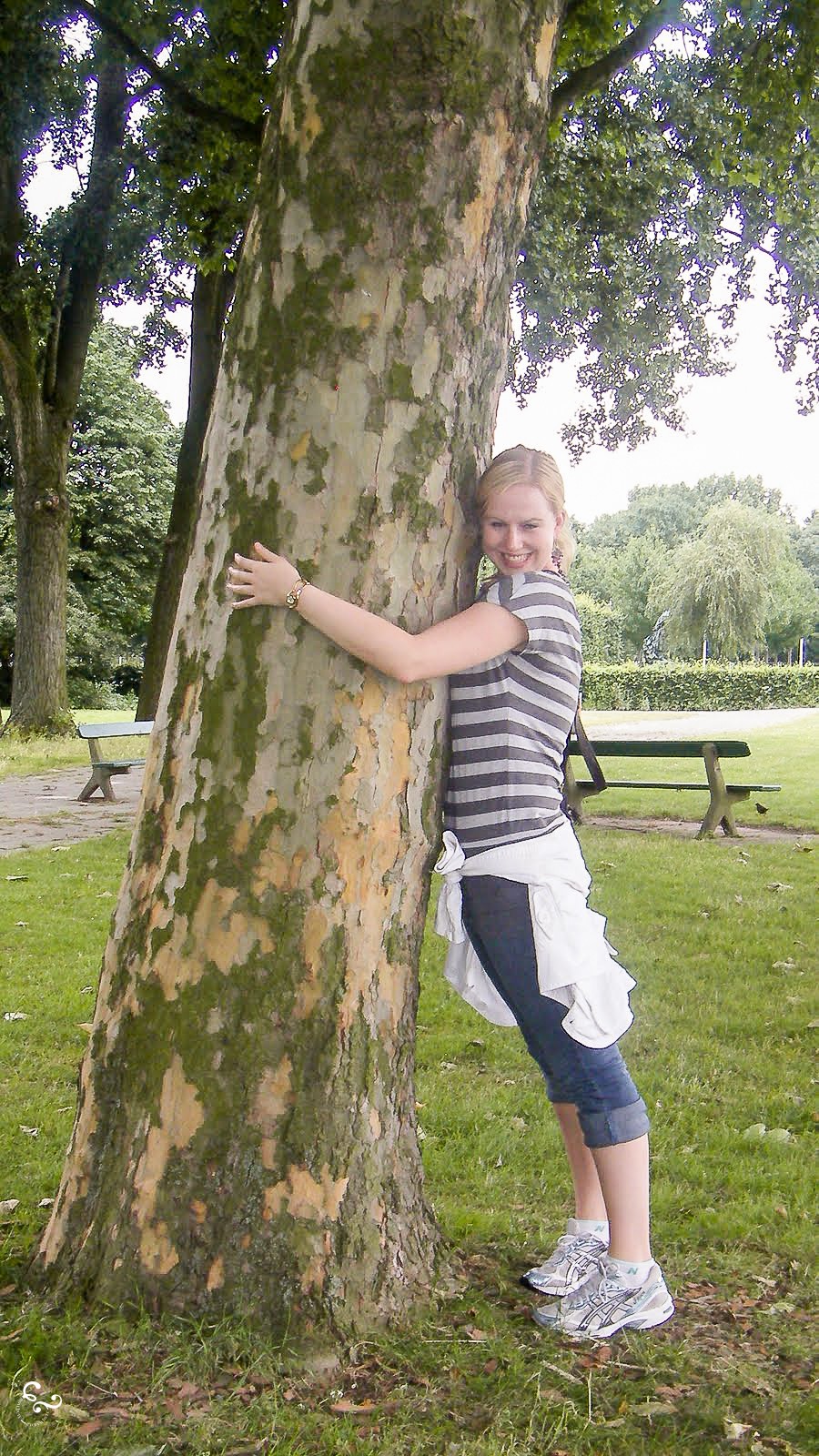
P.S. Just to lighten the mood, I have been called a tree-hugging hippy since my mid teens. When I was 17 hanging out in Belgium I took a photo of me hugging a tree just to make a joke out of it for my colleagues at the office because I couldn’t care less – and because they should have cared more! So enjoy this flashback!

